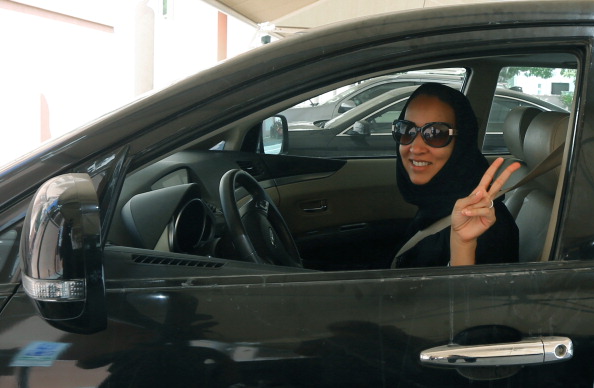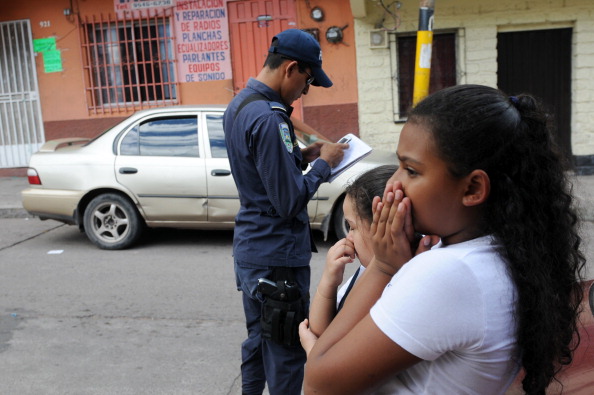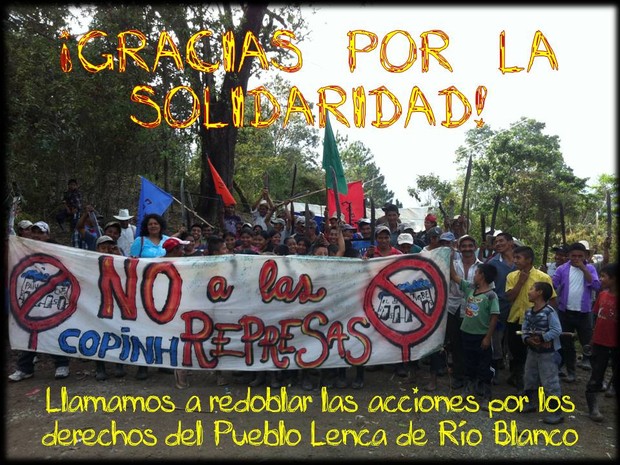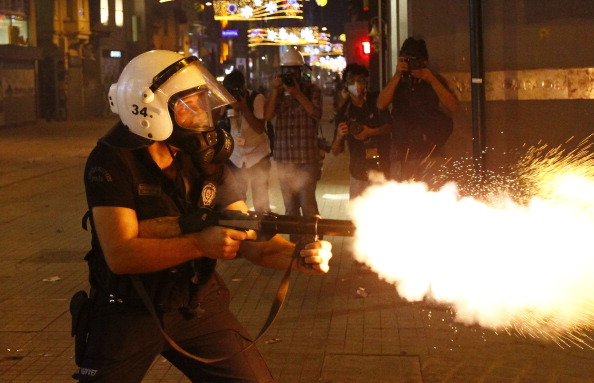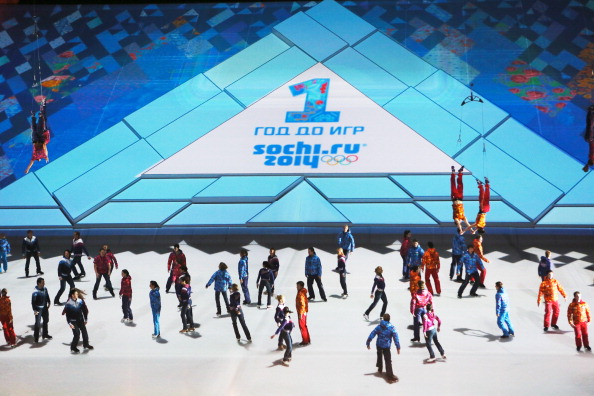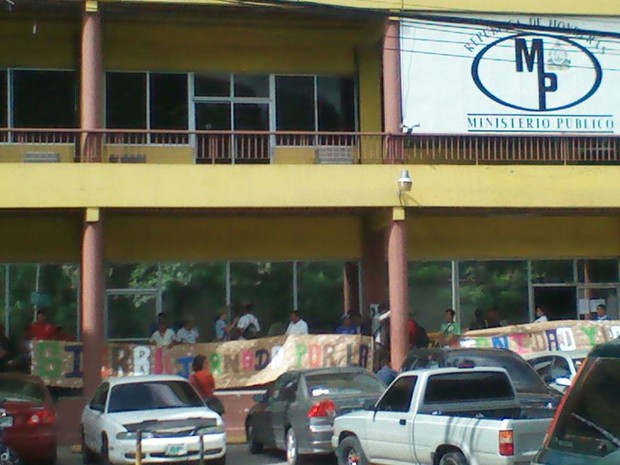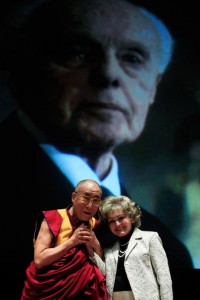
The Dalai Lama and Annette Lantos in front of a projection of the late U.S. Representative Tom Lantos. The Tom Lantos Human Rights Commission (TLHRC) was one of the creators of the Defending Freedoms Project (Photo Credit: Mark Wilson/Getty Images).
Last week, the Defending Freedoms project launched a Week of Action in which U.S. Representatives nationwide spoke out to highlight and give voice to political prisoners being held or detained around the world for expressing their views.
Members of Congress “adopted” prisoners of conscience and stood in solidarity with them with a commitment to highlight their cases and push for their release, as well as for an end to the human rights abuses they had been subjected to.
These individuals have been imprisoned because of who they are, what they believe, and how they have chosen to express their convictions. As a result, they are prevented from enjoying the most fundamental human rights enshrined in the Universal Declaration of Human Rights and other international human rights standards.
The Defending Freedoms project was kick-started by Representatives Wolf and McGovern adopting the initiative’s first two prisoners of conscience – Gao Zhisheng of China and Bahrain’s Nabeel Rajab. In late 2012, Congress’ nonpartisan Tom Lantos Human Rights Commission (TLHRC) joined the U.S. Commission on International Religious Freedom (USCIRF) and Amnesty International USA to create the Defending Freedoms initiative as a way to raise awareness and support for human rights and religious freedom by focusing on human rights defenders, political prisoners, and those who have been unjustly imprisoned around the world.
SEE THE REST OF THIS POST

